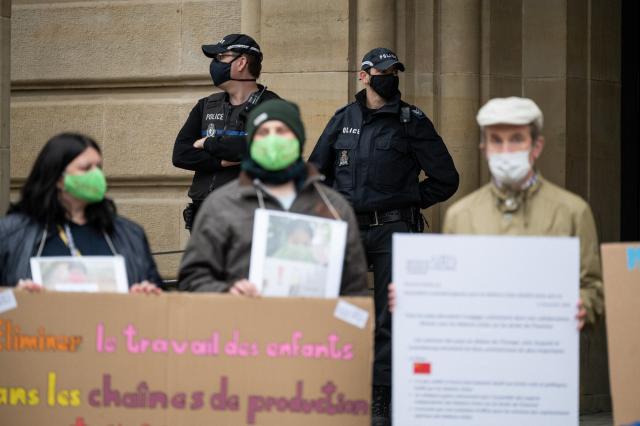New goals to overcome charging obstacles
By Christian Block, Misch Pautsch Switch to German for original article
With the generalisation of electric transport, the charging station network will have to grow faster in the future. This also applies to the Grand Duchy, which has been well positioned up to now. What the new targets negotiated at EU level mean in concrete terms is still unclear.
The Ministry of Mobility had probably hoped to get past the drafting of this document. But in vain. In November, Luxembourg will have to submit another report to the EU Commission on how the car fleet and charging infrastructure could develop in the coming years. Although changes have long been announced at EU level.
The compulsory exercise is a consequence of the EU Directive on Alternative Fuels Infrastructure (Afid), which was implemented into national law in 2016. Every three years, the nation states are required to submit a progress report. With this directive, the EU is pursuing the overarching goal of "reducing dependence on oil as far as possible and limiting the environmental impact of transport". In other words, an infrastructure is to be created throughout the Union for fuels and energy sources that can serve "at least in part as a substitute for petroleum" in the transport sector: Electricity, hydrogen, biofuels, natural gas and liquefied petroleum gas. This is what the law says.
The 2014 directive is thus also fundamental for the public charging infrastructure in the EU. As the European Court of Auditors aptly put it in a special report published in 2021, it is intended to prevent the "vicious circle" in electromobility: A lack of charging infrastructure discourages consumers from exchanging their combustion cars for electric vehicles, while on the other hand investments in charging infrastructure are dependent on the growth of the e-car market. "The development of charging infrastructure to keep pace with the spread of electric vehicles is an essential part of the transition to alternative fuels", say the EU auditors.
You want more? Get access now.
-
One-year subscription€185.00/year
-
Monthly subscription€18.50/month
-
Zukunftsabo for subscribers under the age of 26€120.00/year
Already have an account?
Log in


